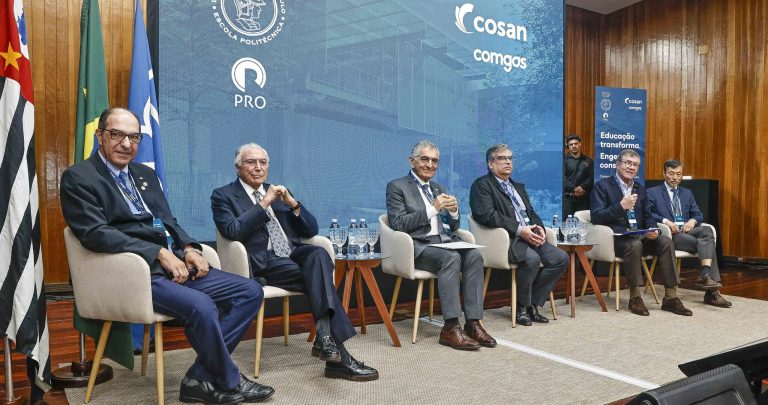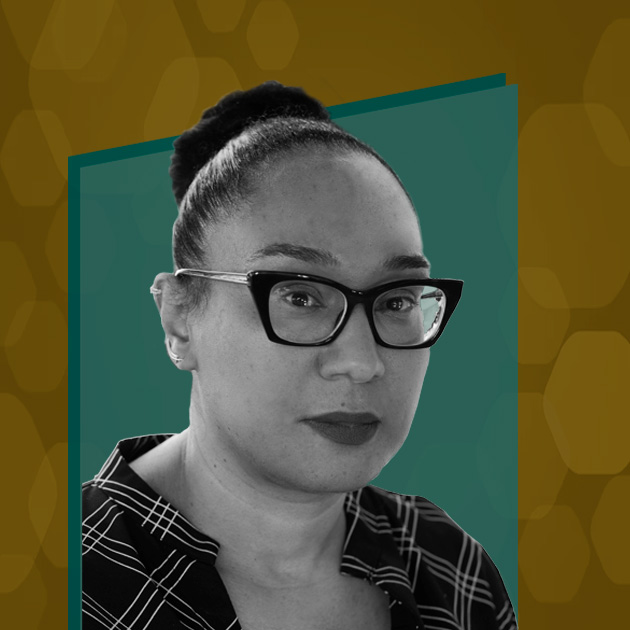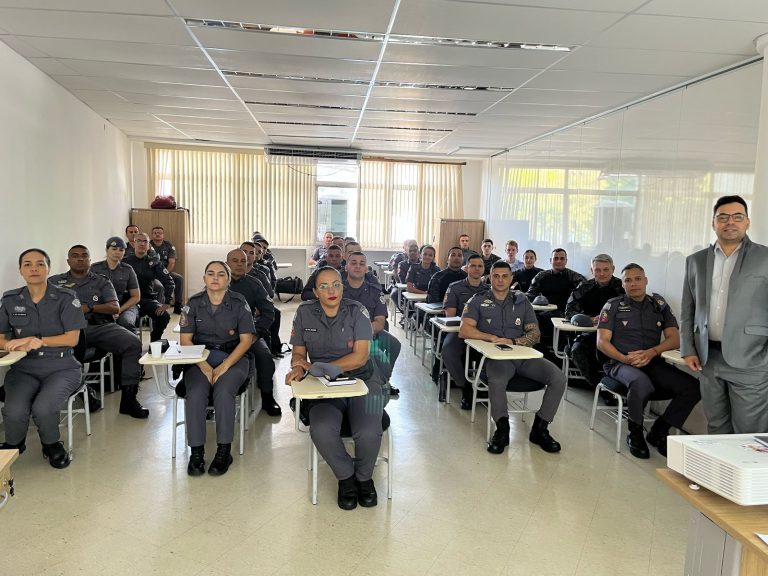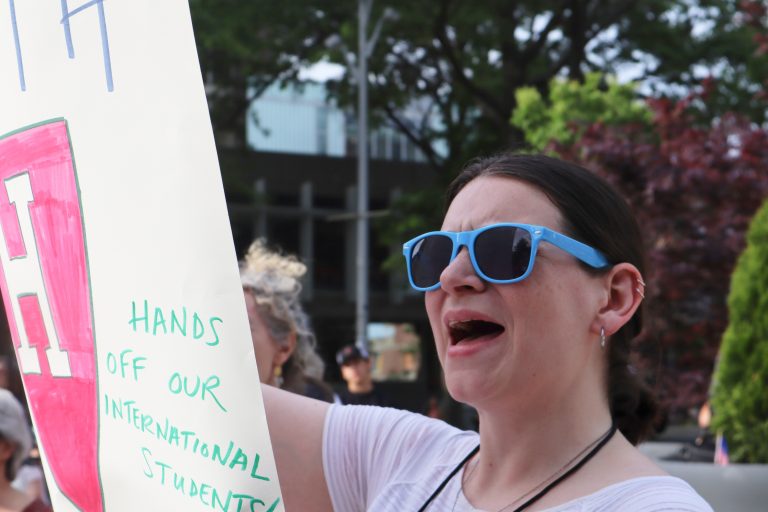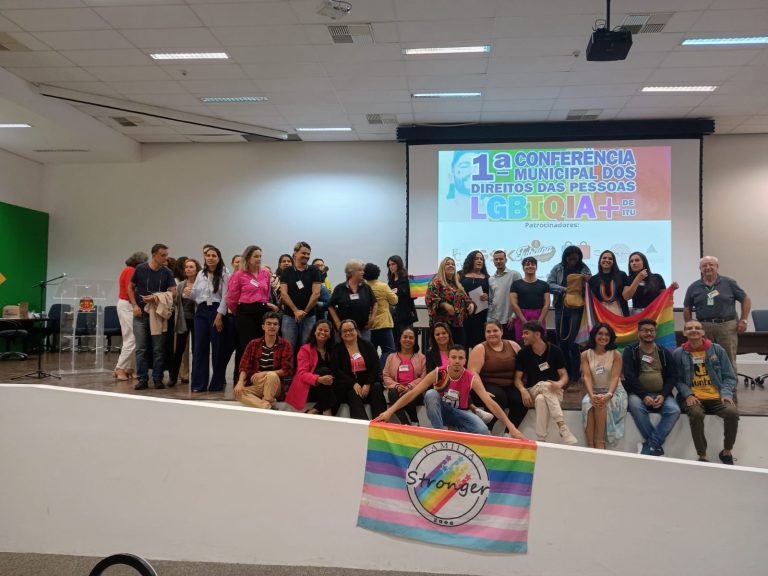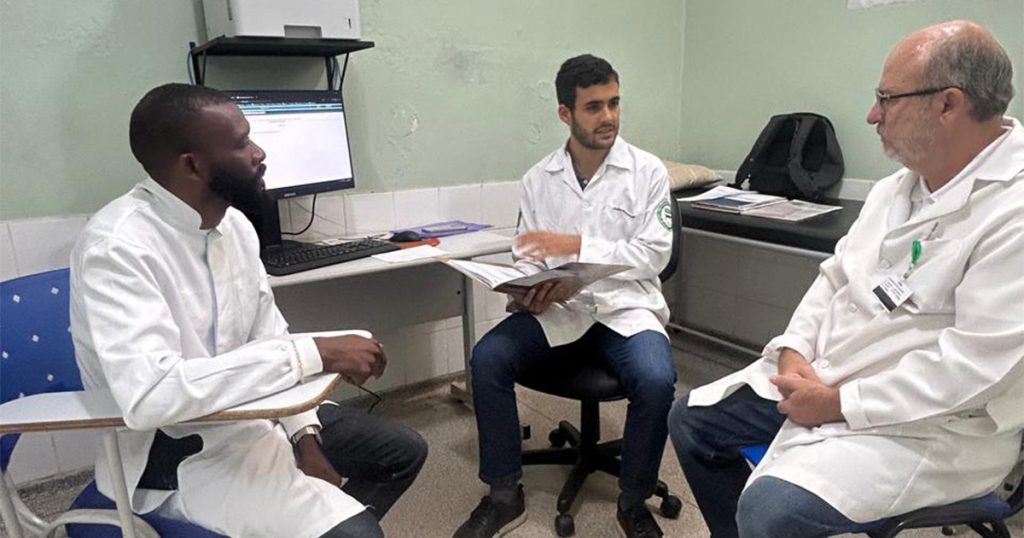
Eleven Angolan physicians have been assigned to health units in Ribeirão Preto and the region through the Human Resources Training Program in Health signed between the governments of Brazil and Angola
Por Rose Talamone

.
 USP Ribeirão Preto Medical School (FMRP) is among the Brazilian institutions receiving Angolan physicians for practical training in primary health care. In all, 11 professionals were assigned to health units in the municipality and region as part of an initiative to strengthen Internal and Family Medicine in Angola through international cooperation.
USP Ribeirão Preto Medical School (FMRP) is among the Brazilian institutions receiving Angolan physicians for practical training in primary health care. In all, 11 professionals were assigned to health units in the municipality and region as part of an initiative to strengthen Internal and Family Medicine in Angola through international cooperation.
“It’s a technical, scientific, and humanitarian partnership. We are receiving professionals who want to implement a model similar to ours in their territories, where primary health care is still centered on hospitals and specialized services. Brazil can contribute with its experience of community organization and network integration,” says professor Amaury Lelis Dal Fabro, currently leading the activity in Ribeirão Preto.
The action is part of the Human Resources Training Program in Health, signed between the governments of Brazil and Angola in 2023 during the Brazilian Presidency’s official visit to Luanda. The agreement provides for the practical training of Angolan physicians through cooperation between the Angolan Ministry of Health and Brazilian public universities, including USP.
Brazilian model inspires new paths
According to Dal Fabro, the internship is based on direct contact with the daily life of family health teams, combining observation, clinical discussions, and participation in theoretical activities with the residents of Family and Community Medicine at the FMRP Teaching Hospital. “They monitor everything: appointments, health promotion activities, community activities, and classes. They can’t serve directly for legal reasons, but they experience the whole routine,” he explains.
The Angolan physicians were assigned among different services in Ribeirão Preto: the Vila Lobato Basic Health Unit, where they provide pediatric, gynecology, and internal medicine care; a District Reference Unit in the city’s West District; and the health unit in the neighboring municipality of Cássia dos Coqueiros.
Dal Fabro emphasizes that the FMRP already has a consolidated structure in primary health care, with 21 teams in the field and more than two decades of experience training professionals in community care. “We have a network of units integrated with teaching, involving students from Medicine, Nursing, Dentistry, Pharmacy, Physiotherapy, Psychology, and other areas of health. It’s an interdisciplinary training, with a strong territorial and social basis,” he says.

.
Exchange of experiences and impact for both countries
The presence of African physicians in the units also sparks reflection and learning among Brazilian professionals. “Whenever we welcome residents or interns, we’re encouraged to teach, reassess our methods, and reflect on our practices. It’s a mutual learning process,” says Luiz Roberto Verri de Barros, physician and director of the Vila Lobato Basic Health Unit.
For the Angolans, the experience is transformative. “We’re here to observe, understand, and harvest what is best. Primary health care in Brazil is very structured, and we want to adapt these good practices to the Angolan reality,” physician Antonio Jolomba Samatele said. “We’ll take this knowledge to save lives in our country,” he added.
Dal Fabro highlights the initiative as a key milestone in strengthening collaboration between universities and health systems across the Global South. “Angola went through a long period of war and is now rebuilding its society. High-quality medical training is essential to that process. And for us, it’s an opportunity to internationalize our efforts, engage with other cultures, and potentially lay the groundwork for future partnerships in research and graduate education.”
With only one week of internship so far, the experience has already proved fruitful, especially through direct contact with residents, students, and teams from the health units. Professor Amaury Lelis Dal Fabro states that FMRP’s participation goes beyond technical training: “It’s an essential technical-scientific contribution. One of the university’s roles is to structure models of care for people to use, improve, etc.”.
English version: Nexus Traduções, edited by Denis Pacheco









